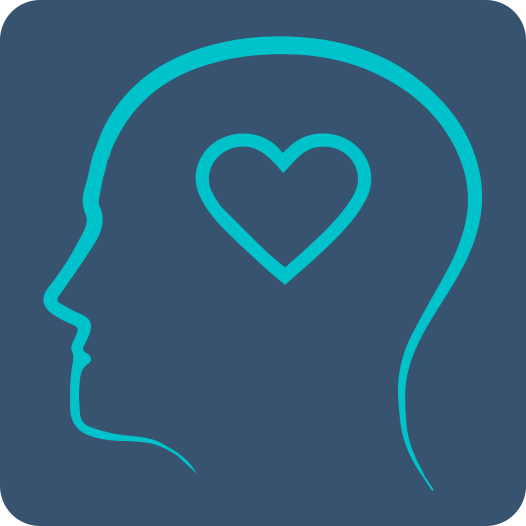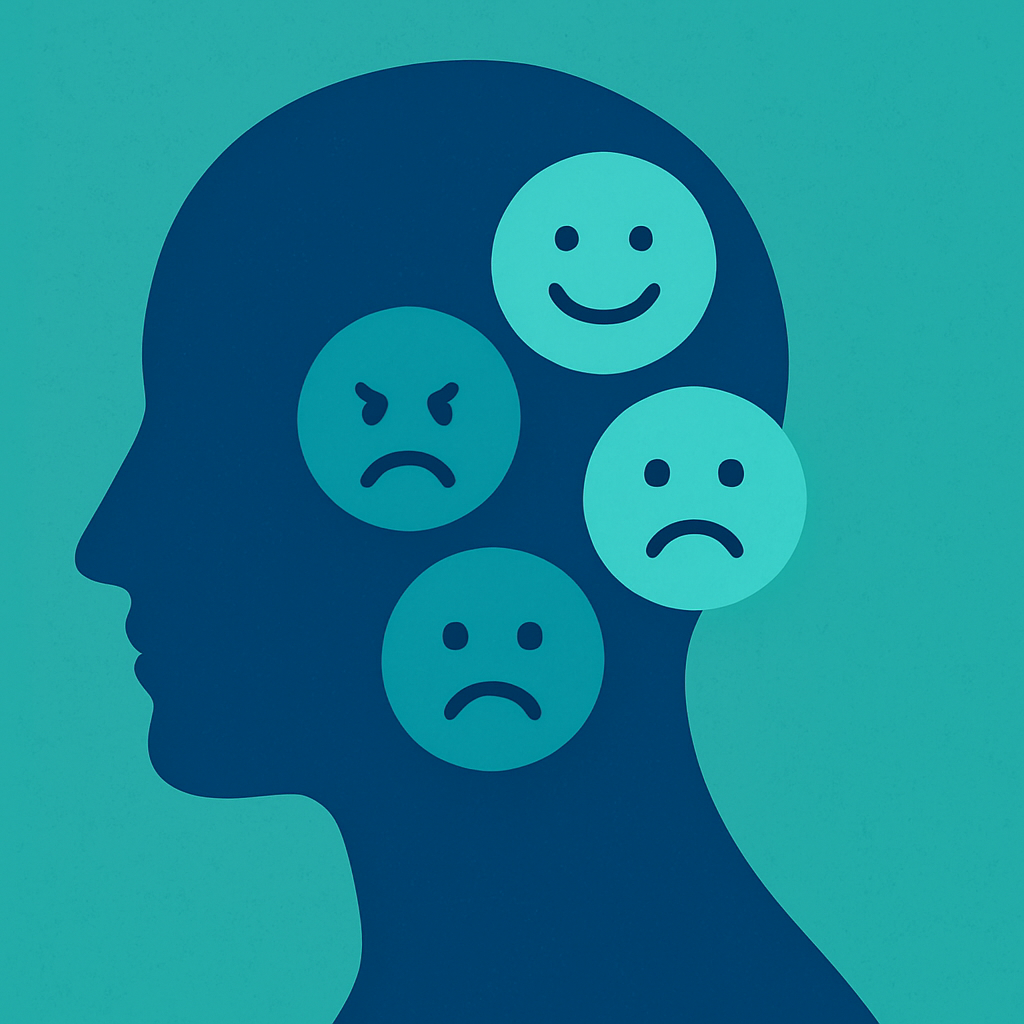Hello and welcome to the very first blog post from Thinkwell Therapy. I’m Natasha Lansley-Bryant, and I’m delighted to begin sharing ideas, insights, and reflections about Cognitive Behavioural Therapy (CBT) with you.
One of the most important foundations of CBT is understanding the powerful connection between our thoughts and our emotions.
The Cycle of Thoughts and Feelings
Have you ever noticed how a single thought can completely change the way you feel?
- You might think, “I’m not good enough”, and suddenly feel anxious or low.
- Or you might think, “I can handle this”, and feel calmer, more confident, and even hopeful.
Our thoughts and emotions are closely linked. The way we interpret a situation often shapes how we feel about it. And those feelings, in turn, can influence how we behave.
A Simple Example
Imagine you send a message to a friend and they don’t reply.
- Thought: “They’re ignoring me… I must have upset them.”
- Emotion: You feel hurt, rejected, or worried.
- Behaviour: You might withdraw, avoid reaching out again, or spend the evening ruminating.
But what if you thought instead:
- Thought: “They’re probably busy… I’ll hear back later.”
- Emotion: You feel relaxed, patient, maybe even understanding.
- Behaviour: You carry on with your day.
The situation is the same, but your thoughts change how you feel and respond.
Why This Matters
Recognising this link is a powerful first step. It means that by becoming more aware of our thoughts and learning to question or reframe them, we can influence our emotional well-being. CBT provides practical tools to help us do just that:
- Identifying unhelpful thought patterns
- Challenging automatic negative thoughts
- Building healthier, more balanced perspectives
Moving Forward
In future posts, I’ll be sharing more about how CBT techniques can help you manage stress, anxiety, low mood, and the everyday challenges of life.
For now, I invite you to simply start noticing your thoughts. Next time you feel a strong emotion, pause and ask yourself:
- What went through my mind just then?”
- Is there another way of looking at this?”
- Building healthier, more balanced perspectives
Small steps in awareness can lead to big changes over time.
Thank you for joining me on this journey. I look forward to exploring more together.
Natasha Lansley-Bryant


Leave a Reply